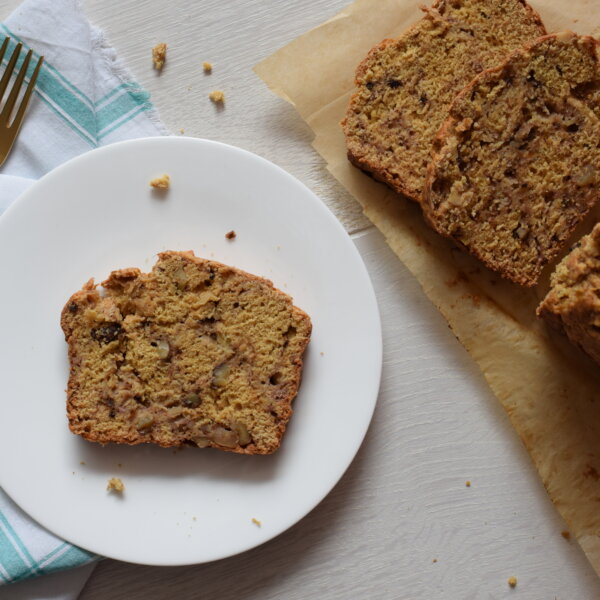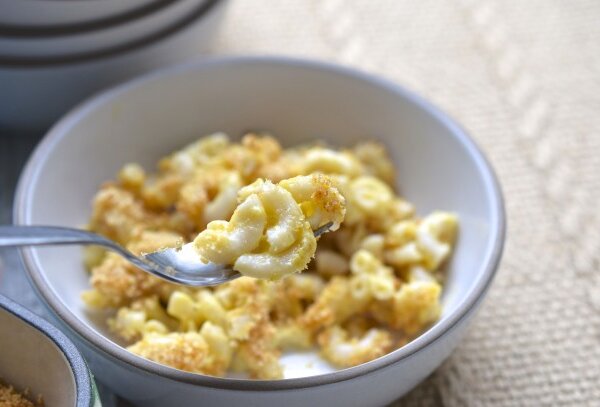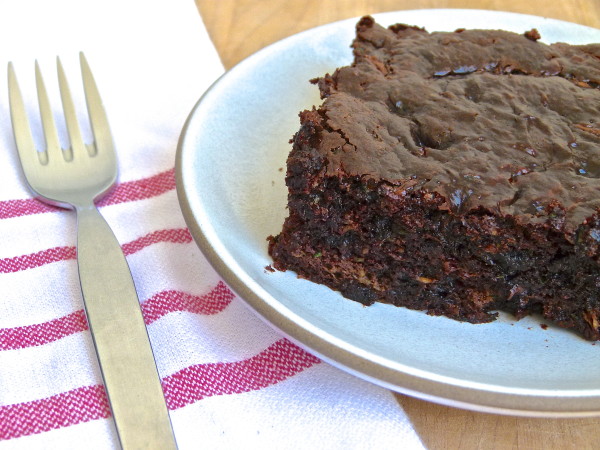Chicken is still the most popular protein in my classes, so I am always trying to come up with new flavor profiles for this versatile meat. The seasonings I use for this roasted lemon sumac chicken are Middle Eastern and I love the tart, herbaceousness of sumac and za’atar together. I use these spices/dried herbs a lot. Don’t be put off by cooking a whole bird. It’s easier than it looks and I find it much more economical, plus I can use the bones afterwards for stock. 2 in 1! If your family eats white meat and dark meat, a whole bird is the way to go.
Why you’ll love this roasted lemon-sumac chicken
- it’s super flavorful;
- a spatchcocked chicken cooks faster and more evenly;
- it’s more economical than cooking chicken parts;
- you can make this a one dish meal by adding vegetables to the pan to cook with the chicken.
eet pan with
Ingredients
- Sumac – is a popular Middle Eastern spice with a tart flavor. I use it in spice rubs, marinades, salad dressings, or sprinkle it on hummus for a pop of color. You can buy it in the spice section of most supermarkets, sometimes in the section with Middle Eastern ingredients or online.
- Za’atar – is a spice blend that can consist of thyme, oregano, sesame seeds, sumac and salt. I use the one from Thrive Market, but you can also find this in markets or online too.
- Olive oil – contrary to popular belief, it’s ok to cook with olive oil. You just don’t want it to be heated to the point that it smokes.
- Garlic – I cut the garlic into thick slices so it doesn’t burn.
- Whole chicken – I use a spatchcocked chicken, which means the spine is removed so that it lays flat. If you have a full service butcher in your area, you can ask them to spatchcock the chicken for you or you can do it yourself with a sharp knife and shears. I like to cook large birds, such as chicken and turkey this way because it’s faster and cooks more evenly.
- Onion – I love cooking onions with chicken. Since the chicken takes about 50 minutes to cook, I cut the onion into thicker slices so they don’t overcook. Placing the chicken over the onions allows the juices from the chicken to drip into the onions for a nice flavor boost.
- Oregano – You can use fresh oregano or dried.
- Thyme – Fresh thyme is lovely in this recipe.
- Potatoes – I use baby potatoes because they are a dense vegetable, which is ideal for longer cooking recipes. Or you can cut larger potatoes into 2-inch pieces.
- White wine – helps deglaze the pan and adds moisture so the juices from the chicken don’t burn. No need to use an expensive wine here. Anything under $20 is fine for cooking.
- Lemon – adds a nice acidity. I like to roast the lemons with the chicken and squeeze the juice over the chicken right before serving.
How to make roasted lemon sumac chicken?
- In a large bowl big enough to fit the whole chicken, whisk together the salt, sumac, za’atar, pepper and olive oil. Stir in the garlic until well combined.
- Place the chicken in the bowl and toss to coat with the marinade. I rub the chicken with the marinade with my hands. Carefully separate the skin from the chicken breast meat, sliding your fingers to separate the skin as far down as you can go, but trying not to tear the skin. Rub the marinade under the loosened skin and directly onto the meat as evenly as possible. Cover the bowl and refrigerate for at least 6 hours or overnight. Remove chicken from the fridge an hour before roasting.
- Preheat oven to 425 degrees or 400 degrees convection.
- Arrange the onion slices in one layer in a roasting pan or rimmed baking sheet that is just big enough to fit the chicken. Top the onions with herbs and garlic from the marinade. Place the chicken breastside up over the onions, herbs and garlic and scrape out any marinade from the bowl over the chicken. Lightly grease potatoes with oil and sprinkle with a pinch of salt and arrange around the chicken. Roast chicken for 25 minutes.
- Pour the white wine into the pan (not on the chicken) and add the lemon halves to the pan. Roast for another 25-35 minutes or until temperature of breast is 160 degrees. Allow to sit covered out of the oven for 5-10 minutes before carving. Discard herbs and squeeze roasted lemon halves over chicken before serving.
Tips
- The longer you season the chicken, the better it will taste. You can do this up to 2 days in advance.
- You can save the backbone for stock. Store it in the freezer if you’re not going to make stock right away.
- You can also make this recipe with chicken parts, but cook for 35-45 minutes. Or a whole, uncut bird for 1 hour 10 minutes to 1 hour 20 minutes.
- Allow the chicken to sit out of the fridge for 30-60 minutes before roasting. This will allow it to cook more evenly.
- It’s important to allow the chicken to rest for a few minutes before carving so the juices have time to redistribute.
Substitutions
- Potatoes – butternut squash, cauliflower florets, fennel
- Chicken – can use chicken parts, which will cook in a shorter amount of time, or a whole uncut bird, which will take longer. This seasoning will also taste great on cauliflower steaks or florets with chickpeas. Roast at 400 degrees until the cauliflower is tender, about 20-35 minutes, depending on the size of the florets.
Other recipes you may like
*Easy No-Fail Whole Roast Chicken
*Sumac-spiced chicken with pomegranate glaze
*Mediterranean Skillet Chicken and Rice
*Greek sheet pan chicken with lemon and potatoes
If you give this roasted lemon sumac chicken recipe a try, snap a pic and tag @pamelasalzman so I can see your beautiful creations. I also really appreciate readers taking the time to leave a rating and review! Subscribe for free to my site for the latest recipes, updates and things I’m loving lately. If you enjoy this recipe, I taught it last year in my online class! Give me an hour a month, and I’ll make you a better, healthier cook!
View this post on Instagram
Roasted Lemon-Sumac Chicken

Ingredients
- 1 Tablespoon kosher salt or sea salt + more for the potatoes
- 1 Tablespoon sumac
- 1 Tablespoon za’atar
- 1 teaspoon freshly ground black pepper
- 1/3 cup unrefined, cold-pressed extra-virgin olive oil + more for greasing potatoes
- 3 large garlic cloves, thickly sliced
- 1 whole chicken, about 4-5 pounds, butterflied or spatchcocked (backbone removed*)
- 1 onion, thickly sliced into ½ inch rounds
- Handful of fresh oregano sprigs or 1 teaspoon dried
- Handful of fresh thyme sprigs or 1 teaspoon dried
- 1 pound baby potatoes or Yukon gold potatoes cut into 2-inch pieces
- 1/3 cup dry white wine
- 1 lemon, halved
Instructions
- In a large bowl big enough to fit the whole chicken, whisk together the salt, sumac, za’atar, pepper and olive oil. Stir in the garlic until well combined.
- Place the chicken in the bowl and toss to coat with the marinade. I rub the chicken with the marinade with my hands. Carefully separate the skin from the chicken breast meat, sliding your fingers to separate the skin as far down as you can go, but trying not to tear the skin. Rub the marinade under the loosened skin and directly onto the meat as evenly as possible. Cover the bowl and refrigerate for at least 6 hours or overnight. Remove chicken from the fridge an hour before roasting.
- Preheat oven to 425 degrees or 400 degrees convection.
- Arrange the onion slices in one layer in a roasting pan or rimmed baking sheet that is just big enough to fit the chicken. Top the onions with herbs and garlic from the marinade. Place the chicken breastside up over the onions, herbs and garlic and scrape out any marinade from the bowl over the chicken. Lightly grease potatoes with oil and sprinkle with a pinch of salt and arrange around the chicken. Roast chicken for 25 minutes.
- Pour the white wine into the pan (not on the chicken) and add the lemon halves to the pan. Roast for another 25-35 minutes or until temperature of breast is 160 degrees. Allow to sit covered out of the oven for 5-10 minutes before carving. Discard herbs and squeeze roasted lemon halves over chicken before serving.
Notes
 Like this recipe? Rate & comment below!
Like this recipe? Rate & comment below!



















This is amazing! I made it a second time last night and my son who doesn’t compliment my cooking was raving about it. I asked him score and 9.9 out of 10 and top 3 best dishes that I have ever made. My husband feels the same and now it will be a weekly thing. This time I did the cut up chicken pieces and this was an easier way for us to eat it.
I’m thrilled this recipe was a winner for you and your family! Great adjustment to roast in pieces if that’s easier for you!
Absolutely delicious
thank you! And thank you for taking the time to leave a review 🙂